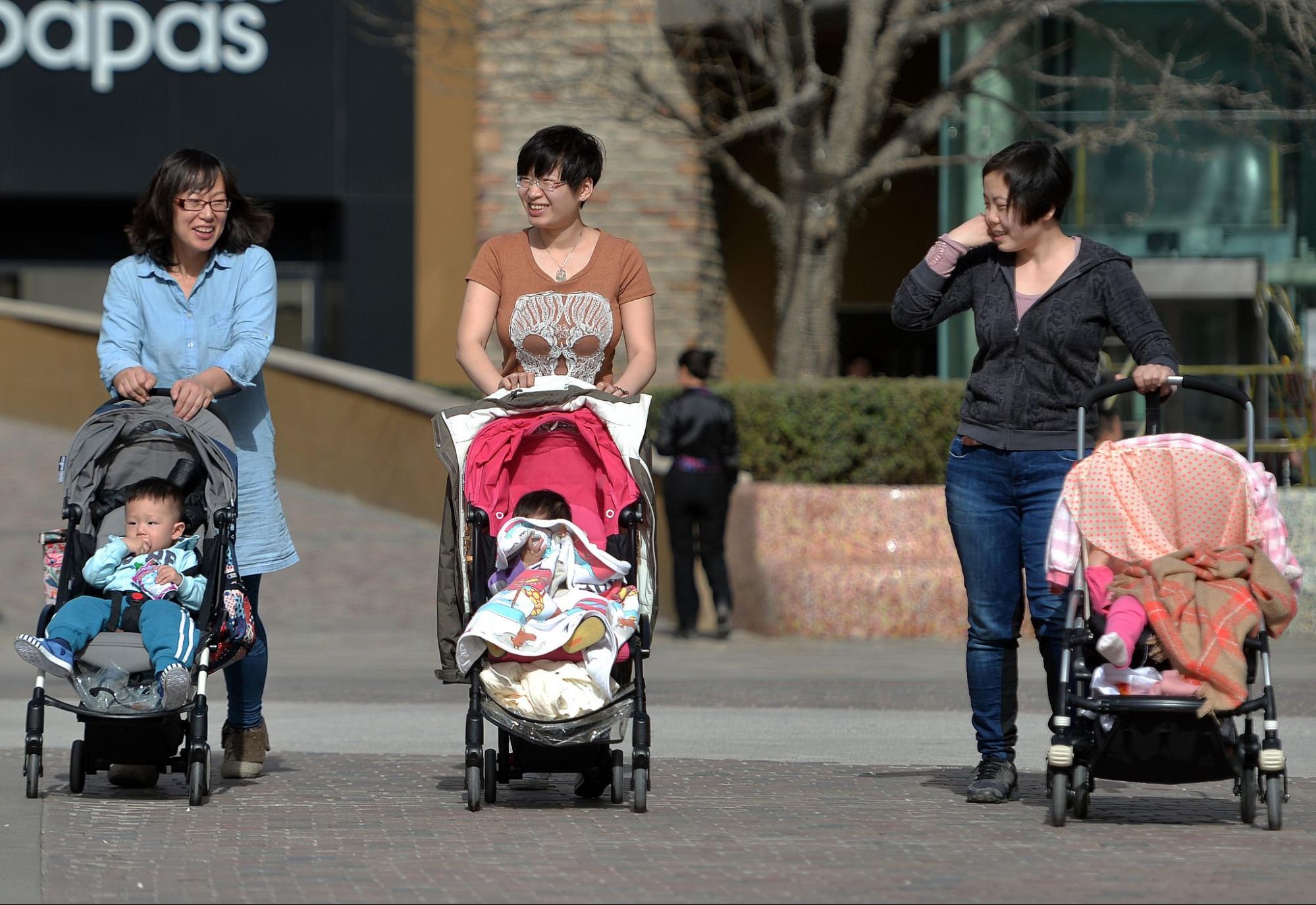Changsha court draws outrage after frozen embryos ruling
The court believes that to have children, a woman needs a husband — even a dead one.

In a complicated case that sits at the intersection of law and ethics, a local court in Changsha, Hunan province has ruled in favor of a woman who sued a hospital for not allowing her to use frozen embryos fertilized by her dead husband.
Although the ruling was good news for the widow, the court has caught flak over its statement on the decision, in which it praises the plaintiff for fulfilling Chinese traditional expectations of a wife while stressing that unmarried women shouldn’t have the right to receive assisted reproductive treatments.
According to an article (in Chinese) posted Monday on the official WeChat account of the Kaifu District People’s Court, the couple, who was only identified by their last names Zōu 邹 and Chén 陈, underwent fertility treatment at a maternity and infant hospital in 2020 and successfully produced four viable embryos. The pair then decided to store the embryos while waiting for Zou to prepare her body for pregnancy.
But in May 2021, the husband suffered a fatal work accident. Still hoping to be a mother, Zou obtained the permission of her parents-in-law and asked the hospital to implant the existing embryos into her uterus. Citing China’s ban on reproductive treatments for single women, the hospital refused to operate on her, saying that the procedure was only accessible to married heterosexual couples.
Under China’s “Guidelines on Regulations for Human Assisted Reproduction,” issued in 2001 and modified two years later by the former Ministry of Health, all assisted reproduction measures, including in vitro fertilization (IVF) and egg-freezing, cannot be used by single women. On the other hand, there are no such barriers for single men seeking to freeze their sperm.
In Zou’s case, she believed that having Chen’s child was her way of “fulfilling her dead husband’s wish, carrying on his family’s blood, and sending condolences to him,” the article says. But from the hospital’s point of view, Zou was — technically speaking — single after her partner passed away, and thus it would be illegal for them to carry out the implantation.
In a ruling handed down this month, the court sided with the woman and ordered the hospital to meet its contractual obligations to perform the surgery. In a statement explaining the decision, the court elaborated on the disagreement over Zou’s marital status, saying that because Chen was involved in the creation of the frozen embryos, the ban on single women’s use of fertility treatments didn’t apply to Zou, who was previously married but lost her spouse to death.
Although China is not formally a precedent-based legal system, Zou’s case is significant in that it raised fresh ethical questions about the right to pursue parenthood if one partner dies after fertility treatment, said Lù Miàoqīng 陆妙卿, a Chinese human rights lawyer who currently lives in the U.S. as a visiting scholar. But in the murky realm where law meets reproductive technology, a slew of difficult questions remain to be answered, such as who gets the frozen embryos in a divorce, Lu added.
A cruel policy
While most people agreed with the judgment, there was a great deal of outrage on Chinese social media over a particular section in the WeChat article, in which the court offered its interpretation of China’s restrictions on single women’s reproductive rights.
“The regulation has to stay in place because it prevents single women from using assisted reproductive technology to evade the responsibilities of marriage and family. It also protects the normal family ethics and customs in our country,” the court wrote. In the meanwhile, it also elevated Zou as a role model for Chinese women, saying that her plea not only “showed her love for her husband and her dedication to responsibilities as a mother,” but it also “reflected the spirit, the traditional virtues and the core values of Chinese culture and society.”
On Weibo, these comments were met with immediate backlash, especially from women who don’t see marriage as a prerequisite for having children. “Are you saying I can’t have babies for myself but I am encouraged to have them for my husband?” wrote (in Chinese) one offended Weibo user. Another fumed (in Chinese), “When a single woman has a baby, she has to take on all the responsibilities that come with raising a child. What do you mean by saying she’s escaping responsibilities? Are women obligated to serve their husbands?”
The debate about the reproductive rights of single women in China — where women are increasingly getting married later, or not at all — has raged for years. It has become a growing symbol of rifts between open-minded women who want equal rights with men and conservative policymakers who view patriarchal authoritarianism as critical for the survival of the Communist Party.
For women who want to have children out of wedlock, they argue that the policy denying them access to reproductive procedures is discriminatory and sexist. Many experts also argue that by limiting access to reproductive technology, the government is undermining its own attempt to reverse the damage from decades of population controls such as the one-child policy, a daunting quest that has been largely unsuccessful despite removing birth restrictions for couples and offering them incentives to have babies.
“China has started to relax its family-planning policy since 2015 and now it is facing the problem of declining birth rate, not the problem of too many babies,” said Lu. “The guidelines issued 20 years ago have long been out of touch with reality and do not match the current birth policy. It should be modified.”
But the government has held its ground firmly. In the eyes of Chinese officials, men are integral to the traditional family unit, which is seen as the bedrock of society and foundation of its population control. Any easing of the restriction, they claim, would open a floodgate of what they consider to be unethical practices, such as surrogacy and illegal trade of human eggs.
Lu, however, believes that the primary motivator for the ban is Chinese officials’ ideological crusade to “control women under the structure of family” and “use their reproduction as a tool” to keep China’s population in check. “Women’s bodily autonomy is not within their scope of consideration,” she said.
Some Chinese women have been pushing back against what they see as a demanding and outdated policy. In a groundbreaking legal challenge against the ban, an unmarried Chinese woman filed a suit against a Beijing hospital in 2018 after the doctors rejected her request to undergo a medical procedure to freeze her eggs due to her marital status. In her case, the woman, who is referred to as Theresa Xu in news articles and who has a history of women’s rights activism, alleges that the hospital violated her personal rights. A Beijing court has heard her case, but a verdict has yet to be issued.
Regardless of the outcome, Lu said that Chinese women still have an uphill battle to achieve full reproductive freedom. “The lawsuit has attracted attention from lawmakers and raised awareness and spurred heated discussions about reproductive restrictions on single women. In this sense, it’s very meaningful,” said Lu. “But much remains to be done on the policy level.”






